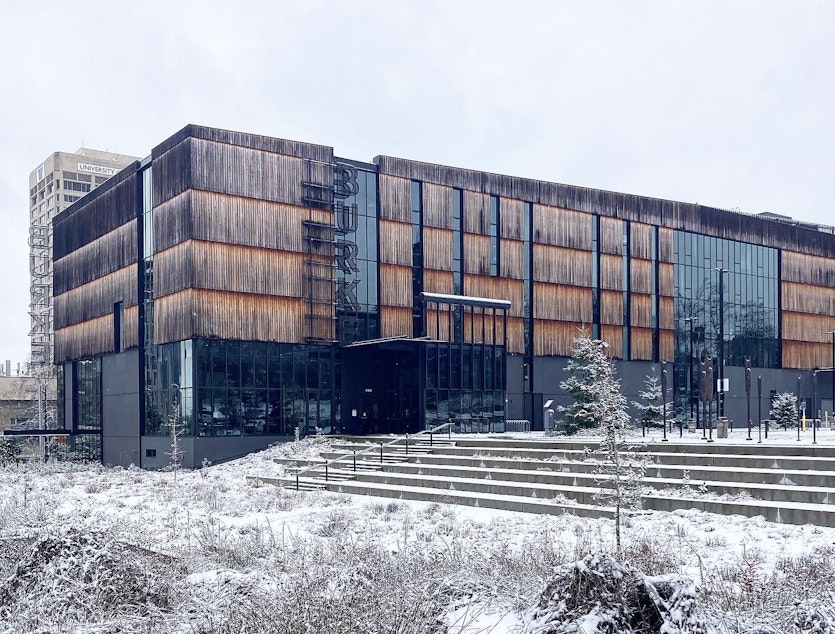UW's Burke Museum working with Native tribes to repatriate Indigenous artifacts

Museums across Washington state may no longer display some Native artifacts without permission under a new federal rule.
The nationwide rule, which took effect in January, bars museums from displaying or doing research on sacred objects without consent from their tribes of origin — the sort of things looted from Native gravesites.
Some museums, like the American Museum of Natural History in New York, closed entire halls in response.
RELATED: Repatriation celebration as stolen Native Hawaiian remains stop in Sea-Tac on their way home
At the University of Washington’s Burke Museum in Seattle, Justice McNeeley’s job is to return items tribes want back. McNeeley said the Burke has long worked with tribes to ensure that its displays are appropriate, and its exhibits will remain open for now.
“We, of course, are going to continue consultation with tribes to ensure that we are still up to date with everything that we have on display and making sure that we are taking proper care," McNeeley said.
Sponsored
Burke officials said the new rules may speed up the process of repatriating tribal objects. Curator Sara Gonzalez said she hopes it will make it easier for tribes to reclaim artifacts they want returned.
"At current rates, it would take over 200 years — those are best estimates — to actually complete the work of repatriation," Gonzalez said. "I am hopeful that it will help speed up the process and ensure that we've taken care of this work sooner rather than in several generations from now."
RELATED: The lasting effect indigenous boarding schools have had on Washington state
That was the Biden administration's goal: to speed up repatriation.
According to The New York Times, those government efforts date back to 1990 with the passage of the Native American Graves Protection and Repatriation Act, or NAGPRA. The Act established rules for museums and other institutions to return human remains, funerary objects, and other items to tribes.
Sponsored
To Gonzalez's point, though, those efforts have been dragging on for the last three decades.
For example, the Times reports the American Museum of Natural History has repatriated the remains of about 1,000 Native people to tribal groups in the last 30 years, but the museum still has the remains of another 2,200 Native Americans and thousands more funerary objects.
RELATED: How an Indigenous rights battle in WA changed tribal law, from fishing to culverts
Elsewhere in Seattle, the Seattle Museum of Art recently decided to remove five indigenous cultural items from its displays. The Seattle Times reports that the artifacts originally came from the Tlingit people from the Southeast Alaska area, and that the items include a dagger, staff, and three headdresses.




